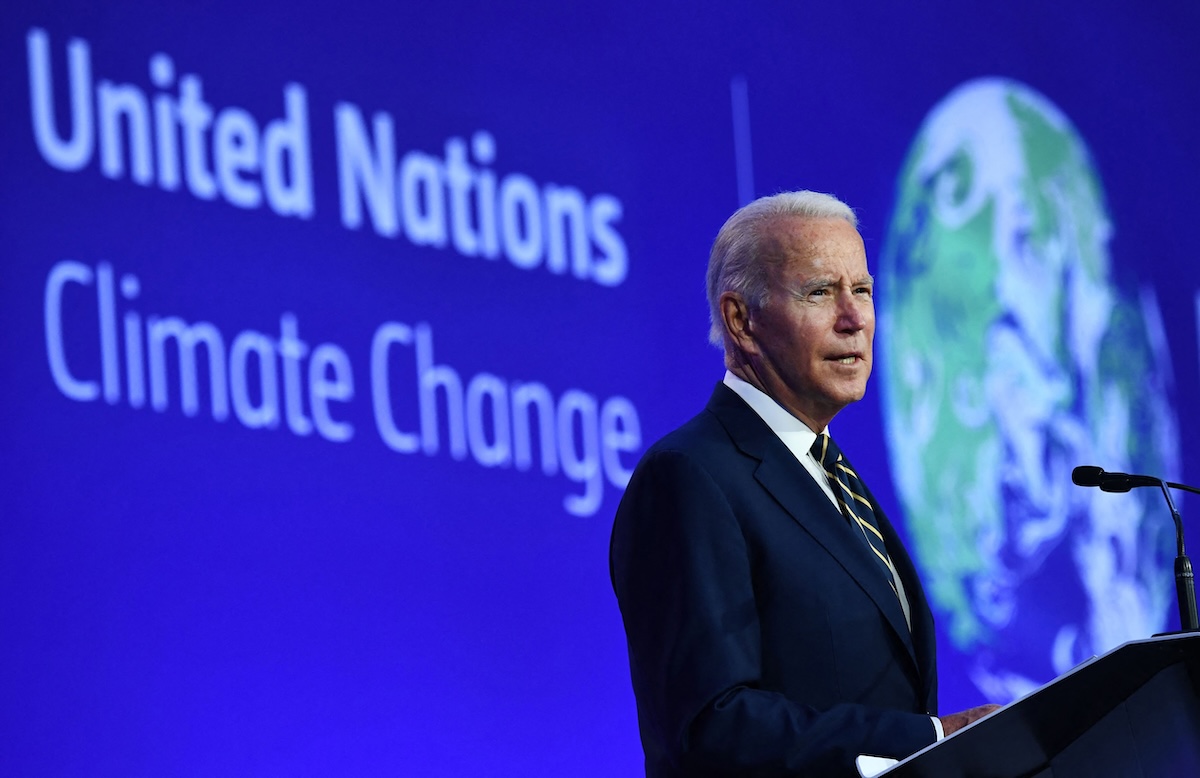As the 2024 election heats up, the climate crisis may change the political game. The time for “inconvenient truths” about the climate crisis is behind us, and all candidates will have to face these three “apocalyptic truths” — whether they accept the science of climate change or not.
Apocalyptic Truth #1
Climate change will lead to more social conflict
After years of studying the failure of climate policymaking to implement the level of systemic change that is needed to limit the climate crisis, it is clear that it is going to get much worse and lead to a lot of devastation and destruction.
As the world heats up, research has documented how extreme weather events of all sorts will become more common, leading to floods, droughts, wildfires, food scarcity, and the expansion of diseases.
Not only will the climate-exacerbated extreme events directly cause many deaths, but they will also lead to a significant spike in social conflict. This isn’t something far off in the future or out of our lifetimes; it is already happening.
A recent study estimated that the cumulative death toll from climate change since 2000 will pass 4 million this year, and most scientists — including the study’s authors — believe this statistic substantially underestimates the number of lives lost.
Apocalyptic Truth #2
Current policies are not going to stop the worsening climate crisis
Even though the US is finally making some political progress on climate change at the federal level, incremental policymaking is nowhere near sufficient to limit the climate crisis.
In fact, even after passing the Inflation Reduction Act, which aims to encourage a transition away from fossil fuels, US oil and gas production broke records in 2023.
The Biden administration’s decision to delay building new liquefied natural gas terminals will not change the current trajectory at all.
As a result, every American will feel the effects of the climate crisis as it worsens, hitting those with fewer resources the hardest. And as the crisis worsens, frontline communities will not simply die off in silence – they will rise up in anger.
Apocalyptic Truth #3
Brace yourself for climate violence
Violence will play a substantial role in advancing the climate agenda in ways we have not encountered before. As the climate crisis worsens, the radical flank of the climate movement has been expanding and engaging in more confrontational nonviolent civil disobedience around the world.
To date, however, the movement is still not what we could describe as a mass movement; not yet. History shows that as movements press on for social change, activism becomes more confrontational. As movements get more confrontational, violence becomes much more common when law enforcement gets more repressive and counter-movements mobilize.
This violence against nonviolent activists will mobilize the masses. We saw this during the Civil Rights Movement when violence against non-violent protesters was leveraged as a tactic to mobilize sympathizers who watched White Supremacists and law enforcement beat up protesters on TV.
Similarly, after peaceful protesters (and members of the media) were tear gassed in Lafayette Park while protesting systemic racism during the summer of 2020, the crowds in the streets grew substantially, with elected officials joining the protest.
The worse the climate crisis gets, the more protests and protest-related conflict will grow.
2024 US Presidential Elections
President Joe Biden has a mixed report card on the climate, even with his recent pause on expanding natural gas exports. He has not fulfilled his 2020 campaign promises — the Inflation Reduction Act is a mixed bag at best— and there has been limited movement on the international stage.
This election year is pivotal for the climate. There is no question that a second Trump administration will speed up the climate crisis. What is not yet clear, though, is how the second term of a Biden presidency could help to limit the crisis and make it possible to get us closer to the other side of it.
As political candidates are running for office this year, I hope they will consider these three apocalyptic truths because how they respond can either lift up communities and help them become more resilient or thrust us further into what will likely become an increasingly violent crisis.


